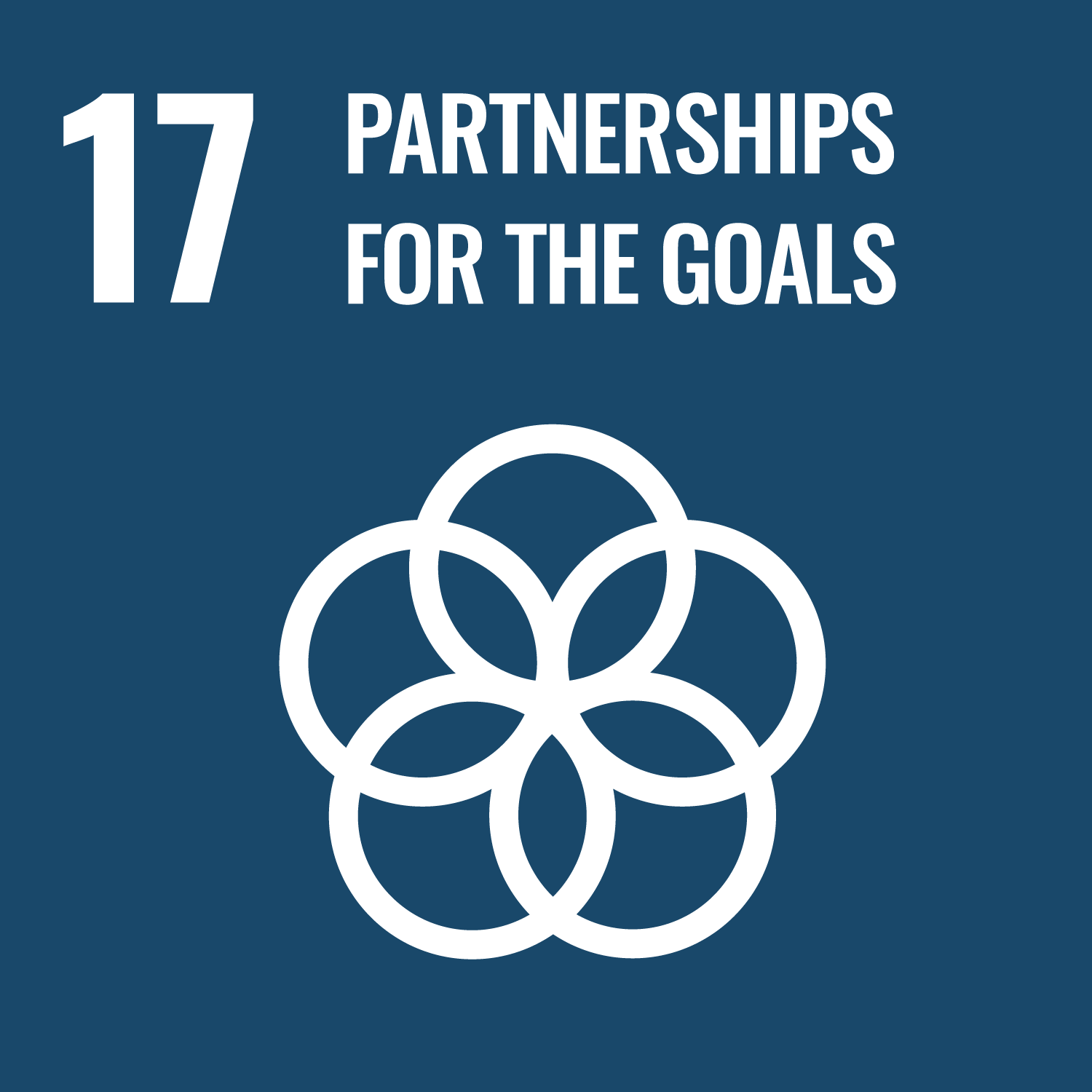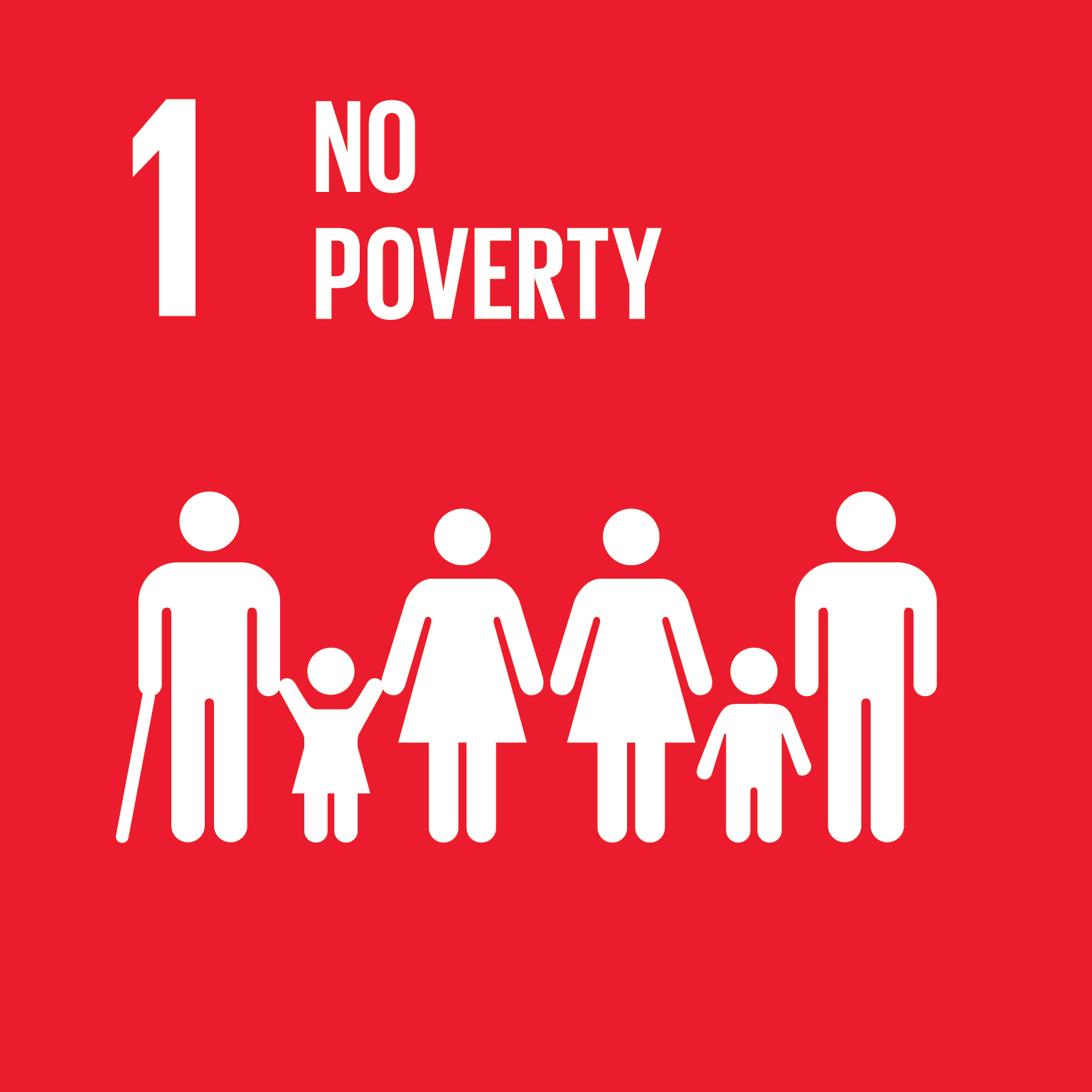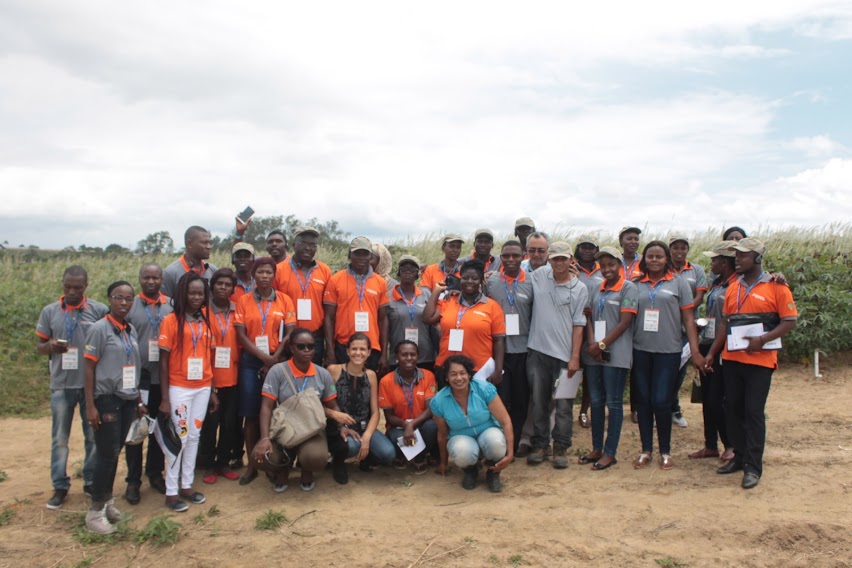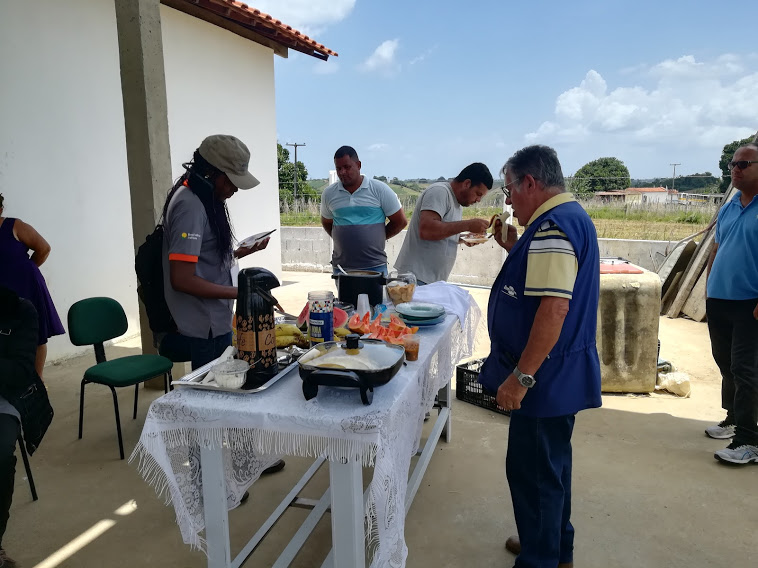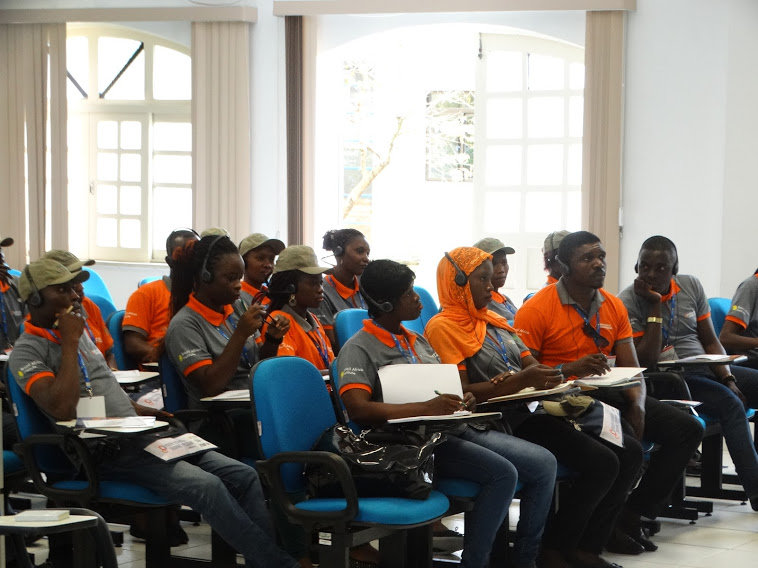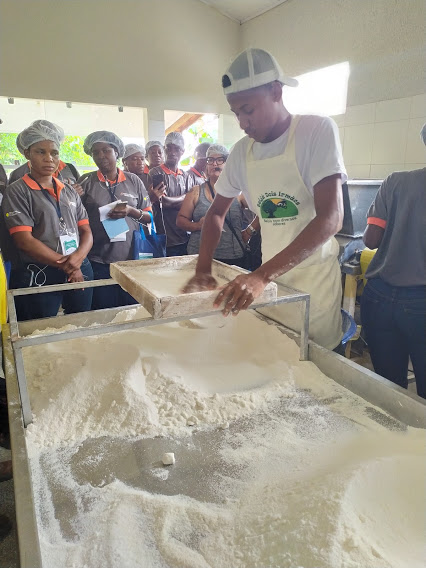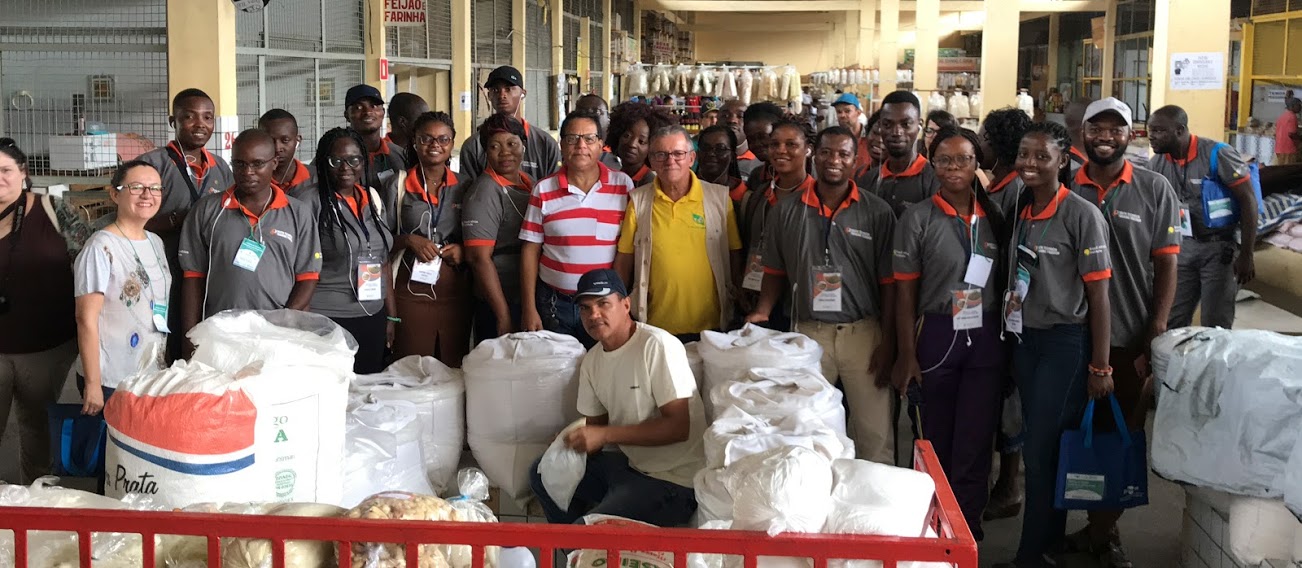Youth Technical Training Programme on Post-harvest Processing of Cassava
Promoting knowledge transfer in order to develop the skills of young Africans
Challenges
Africa has the youngest population in the world: 60 per cent of its 1.25 billion people are under the age of 25. It is expected that by 2050, this population will increase by nearly 50 per cent. This requires efforts by governments in Africa to train and create job opportunities for young men and women in multiple sectors. Unemployment in sub-Saharan Africa has been on the rise since 2008, reaching as high as 6 per cent in 2020 – not considering the negative effects of the COVID-19 pandemic. Agriculture alone employs nearly 60 per cent of the entire African workforce, and low productivity is usually an issue in ensuring stable employment and food security in rural areas. Joint efforts to ensure employment and food security are necessary, giving young workers the knowledge and tools to contribute to economic development
Towards a Solution
The Brazilian experience with both large-scale and smallholder agriculture has served as a model for other countries across the globe, and Brazil has been one of the major promoters of South-South and triangular cooperation, especially with Africa, in this field. The Brazil Africa Institute (IBRAF) Youth Technical Training Programme (YTTP) is a knowledge-transfer programme that involves a cross-country exchange of know-how, techniques and technologies. Between 2017 and 2019, three editions of the programme were executed, all of them focused on agriculture; the most recent edition received candidates from Ghana, Malawi and Nigeria, who were trained in the latest Brazilian agricultural practices of the cassava value chain, with the ultimate goal of enabling young agripreneurs to apply the learned capacities in their own realities.
IBRAF and its partners, such as FAO, AGRA, IFAD and GIZ, select young Africans between the ages of 18 and 35 to engage in technical training. Alongside the EMBRAPA[1] Cassava and Fruit branch, its scientists and its technicians in Cruz das Almas, Bahia, the initiative offered young agripreneurs an education programme to strengthen their capacities in post-harvest processing of cassava. Each edition lasted around 10 days and, through classes, laboratory visits and field missions, participants were able to learn from one of the world’s leading agriculture and livestock companies the best practices and solutions, with valuable lessons to add value to, conserve and commercialize their products.
Since 2017, within the Youth Technical Training Programme on Post-harvest Processing of Cassava, a total of 62 young workers from 14 different African countries have been trained, with direct and indirect effects on the productivity of crops of local communities, enhancing overall food security. The participants of the three editions are already applying what they learned locally, and many of them provide IBRAF with valuable feedback on the programme outcomes at a micro level. One of the participants, who founded the PaaClee Cassava Processing Company in 2014, for example, started to invest in training sessions with his employees, sharing the knowledge acquired during the one-week course in Brazil. The success of the YTTP on Post-harvest Processing of Cassava also resulted in the organization of four YTTP sessions on smallholder agriculture scheduled for 2021 and 2022, the first ones to be organized in bilateral arrangements.
The aforementioned aspects of YTTP highlight the capacity-building and spill-over effects of the programme, which in turn emphasize the importance of its South-South cooperation component. As a knowledge-transfer programme with the support of international organizations and development funds, YTTP is designed to be sustainable and replicable for other realities; it is aligned with the food security agenda of the Government of Brazil and the African Union goals and strategies of Agenda 2063, having a clear mandate for helping to overcome education and malnutrition issues.
Contact Information
Prof. João Bosco Monte, President, Brazil Africa Institute (IBRAF)
Countries involved
Benin, Brazil, Burundi, Cameroon, Côte D’Ivoire, Democratic Republic of the Congo, Ghana, Malawi, Mozambique, Nigeria, Senegal, Sierra Leone, Uganda, United Republic of Tanzania, Zambia
Nominated By
Brazil Africa Institute (IBRAF)
Supported By
IBRAF, FAO, IFAD and GIZ
Implementing Entities
IBRAF and EMBRAPA
Project Status
Ongoing
Project Period
2017
URL of the practice
https://ibraf.org/yttp/Primary SDG
02 - Zero Hunger
Secondary SDGs
04 - Quality Education, 08 - Decent Work and Economic Growth, 10 - Reduced Inequalities, 17 - Partnerships for the Goals
Similar Solutions


